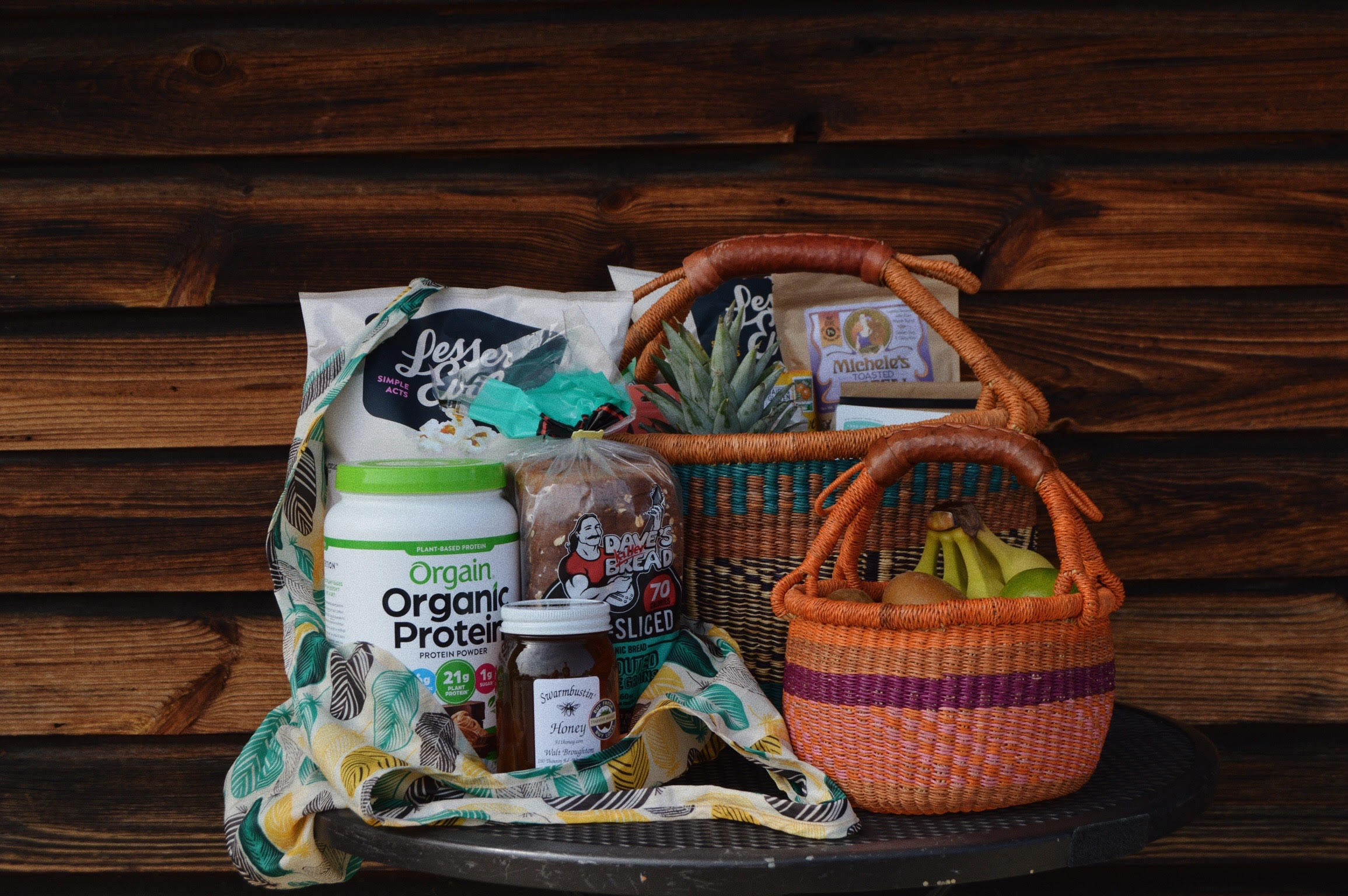
Delaware’s Revised Plastic Carry Out Bag Ban, effective July 1, 2022, has an additional provision concerning “exempt” plastic bags. This provision has caused us to no longer provide new, empty plastic bags for you to use in our produce aisle. Instead, three sizes of paper bags are available for you to use. You may also bring in your own repurposed plastic bags from home or leave your items unbagged.
Did you know that, according to the Department of Natural Resources and Environmental Control (DNREC), the average Delawarean uses 434 plastic bags per year resulting in an estimated 4.8 million pounds of these bags being sent to our already overburdened landfills? And did you also know that, beginning July 1st of this year, no retail store (except restaurants) in the state will be allowed to provide you with those most egregious of all plastic bags—the ubiquitous, polyethylene t-shirt bag—at checkout?
Actually, Delaware’s first bag ban took effect January 1, 2021, and only impacted larger retailers, but most used a loophole to continue to hand out thicker plastic bags—which just made the plastic bag problem worse. The revised law covers almost all retailers and closes the bag thickness loophole. Beginning July 1, stores can pack your purchases in paper bags or in bags you bring in yourself. Most stores will also offer a variety of durable bag options for their customers to purchase once and then re-use on future trips.
Harvest Market didn’t need legislation to stop packing our customers’ groceries in plastic bags. In fact, since our founding in 1995, Harvest Market has used only paper bags at checkout, even though the cost of a large, paper bag with handles is ten times the cost of a plastic t-shirt bag. Though some would like to see even single-use paper bags added to the ban—Harvest Market included—there is no argument that they have far less impact on the environment than their polyethylene cousins. Harvest Market’s “Buy Fresh, Buy Local” branded bags are made from 100% recycled paper and are certified by both the Forest Stewardship Council and the Rainforest Alliance for being sourced and produced in an environmentally responsible way.
In the old days, i.e. pre-1979, plastic t-shirt bags weren’t even available in the U.S. (They were invented in Sweden in 1965.) It wasn’t until the early 1980s that supermarkets started to make the switch from paper bags to plastic—first Kroger and Safeway, and then pretty much everyone else by the end of the decade. Years before that, however, even paper bags weren’t universal. Back in the mid 1960s I clearly remember stacks of used boxes up against the front window of our local supermarket in Vails Gate, NY, which our family used to pack our purchases in.
Today, of course, durable bags or handled totes are truly our best option for getting our purchases home. Your one-time investment can last for hundreds of uses if taken care of. Reusable bags spare the environmental costs of single-use bags, and also can spare retailers the significant costs of single-use bags. Of course, those costs are passed along to consumers in the form of higher prices.
So, the next time you shop at Harvest Market, or anywhere for that matter, please remember to bring in your re-usable bags. And at Harvest Market, we’ll give you a 10-cent rebate for every bag you bring in to use. Thanks for helping care for our planet, and have a great summer.
Bob Kleszics
Founder and C.E.O.
Harvest Market
